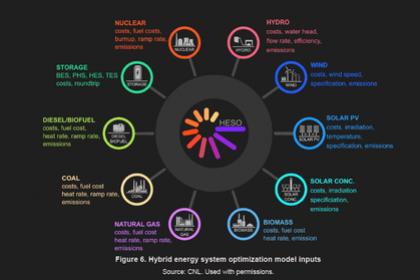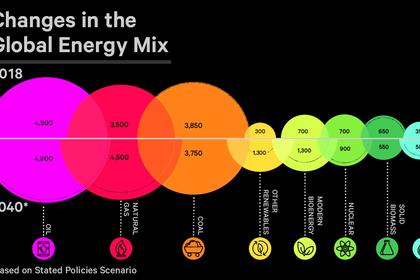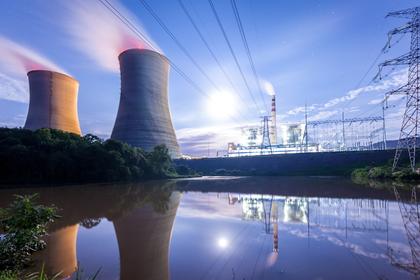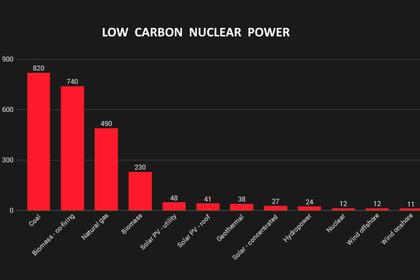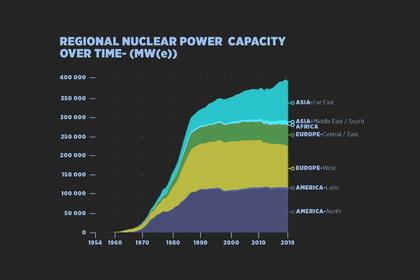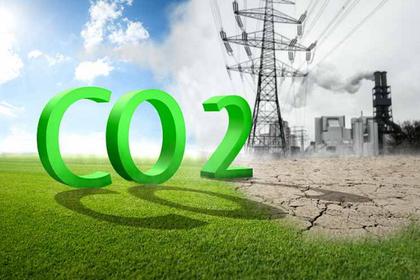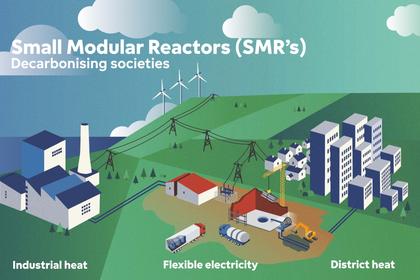
EUROPE NEED NUCLEAR POWER
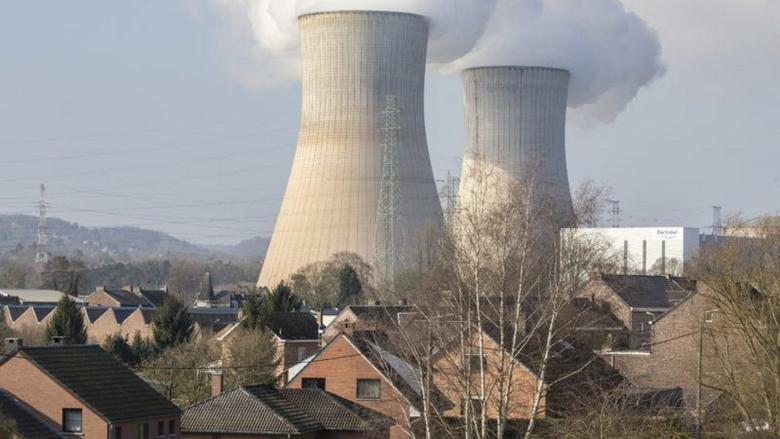
WNN - 17 September 2020 - The European Commission (EC) has presented a plan to reduce European Union greenhouse gas emissions by at least 55% by 2030, compared to 1990 levels. Foratom, the European nuclear trade body, said EU policy must recognise nuclear's potential role in meeting that target.
The EC said it has tabled an amendment to the proposed European Climate Law, to include the 2030 emissions reduction target of at least 55% as a stepping stone to the 2050 climate neutrality goal. The plan, it said, will put the EU on a "balanced pathway" to reaching the 2050 goal. The Commission has invited the European Parliament and Council to confirm this 55% target as the EU's new Nationally Determined Contribution under the Paris Agreement, and to submit this to the United Nations Framework Convention of Climate Change by the end of this year. It has also set out the legislative proposals to be presented by June 2021 to implement the new target.
"The new target is based on a comprehensive impact assessment of the social, economic and environmental impacts," the EC said. "The assessment demonstrates that this course of action is realistic and feasible."
"Based on existing policies and the plans of Member States, we are on course to surpass our current 40% target for 2030," Commissioner for Energy Kadri Simson said. "This shows that being more ambitious is not only necessary, but also realistic. The energy system will be at the heart of this effort. We will build on the success story of the European renewables sector, look at all the tools at our disposal to increase our energy efficiency and lay a firm foundation for a greener Europe."
Welcoming the more ambitious target, Foratom said the nuclear sector stands ready to play its part by providing a stable supply of low-carbon electricity, as well as other energy carriers (e.g. hydrogen). To do this, it said, EU policy must treat all technologies in the same way.
"As highlighted by several Member States at the end of 2019, if they are to progress towards such ambitious targets then they must have the freedom to include low-carbon nuclear within their energy mix."
In terms of decarbonising the electricity sector, Foratom said it had identified two challenges: ensuring security of supply and costs.
According to the conclusions of an FTI-CL Energy Consulting study commissioned by Foratom - titled Pathways to 2050: Role of nuclear in a low-carbon Europe - Europe could save more than EUR440 billion (USD519 billion) between 2020 and 2050 by supporting a 25% share of nuclear in the 2050 electricity mix. Customers would save around EUR350 billion in costs, with 90% of these savings occurring before 2035 thanks primarily to the lifetime extension of existing nuclear reactors, as well as to the construction of new ones. Furthermore, around EUR90 billion could also be saved in relation to the additional transmission and distribution grid costs needed to accommodate new solar and wind capacity, if built, which would replace the lost nuclear capacity.
"It is clear that by supporting an energy mix which combines both nuclear power and variable renewables, the EU will have access to a low-carbon supply of electricity, 24/7," said Foratom Director General Yves Desbazeille. "Such a combination will contribute not only ensuring security of supply, but also keeping the costs of the transition to a minimum. It should be noted that the transition is not just about saving costs, it's also about ensuring economic growth and jobs. Here nuclear plays an important role as it currently sustains more than 1 million jobs in the EU27. By 2050, this figure could rise to 1.2 million."
The 126 reactors currently in operation in 14 countries generate about 25% of the EU's electricity, accounting for almost half of its low-carbon electricity.
----
Earlier:
